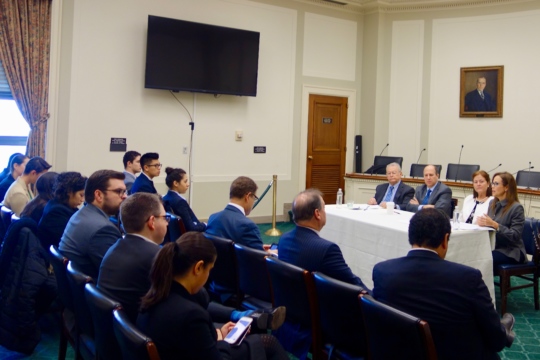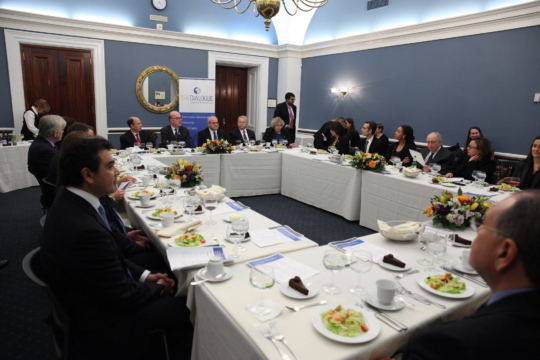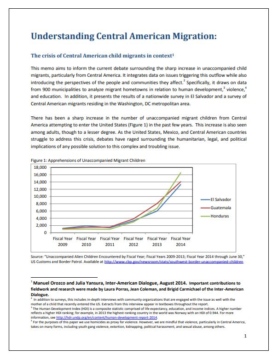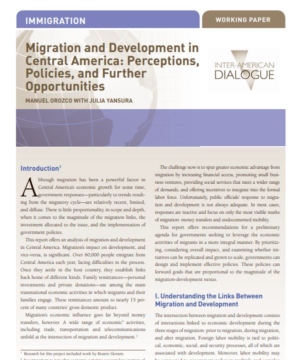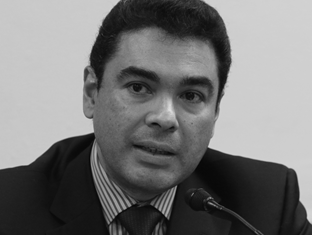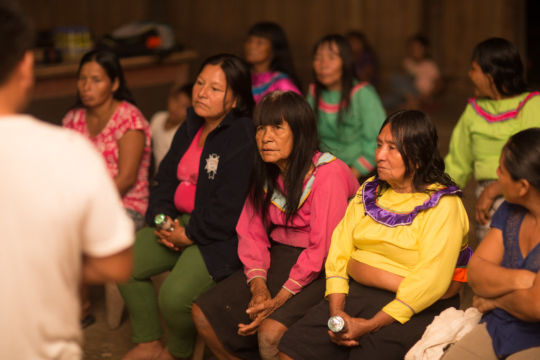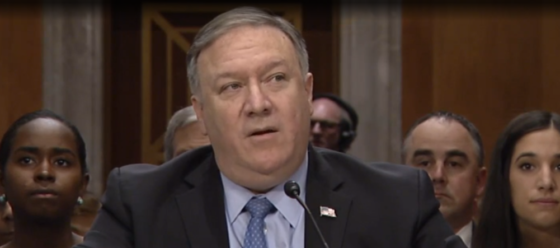
How Will Cutting off U.S. Aid Affect Central America?
What are the consequences of the Trump administration’s decision to cut off aid to Northern Triangle countries?
What are the consequences of the Trump administration’s decision to cut off aid to Northern Triangle countries?
On April 4, the Inter-American Dialogue hosted its yearly event on remittances to Latin America and the Caribbean, “Remittances to Latin America and the Caribbean in 2018.” The event brought together a panel of experts for a discussion of 2018 remittance flows, the outlook for 2019, and issues influencing the marketplace.
Intra-regional migration in the Americas has increased since the 1990s and doubled between 2000 and 2017.[1] Ecuador’s transformation in the last ten years from a traditionally migrant sending to a migrant host and transit nation further illustrates this growing pattern of intra-regional migration.
El presidente Donald Trump amenaza con cerrar la frontera con México si el presidente de ese país, Andrés Manuel López Obrador, no detiene de inmediato la inmigración ilegal. Manuel Orozco habló con CNN Español sobre la decisión de Trump.
On February 14, 2018, the Inter-American Dialogue hosted a private briefing for key Congressional staff on the subject of Temporary Protected Status (TPS) with La Fundación Salvadoreña para el Desarrollo Económico y Social (FUSADES), a Salvadoran think tank.
On Tuesday, February 13, the Inter-American Dialogue convened a private dinner discussion with members of Congress and a delegation of Salvadoran representatives from the private sector to discuss the issue of Temporary Protected Status (TPS).
There has been a sharp increase in the number of unaccompanied migrant children from Central America attempting to enter the United States in the past few years. This increase is also seen among adults, though to a lesser degree. As the United States, Mexico, and Central American countries struggle to address this crisis, debates have raged surrounding the humanitarian, legal, and political implications of any possible solution to this complex and troubling issue. This memo aims to inform the current debate by integrating data on issues triggering this outflow while also introducing the perspectives of the people and communities they affect. Specifically, it draws on data from 900 municipalities to analyze migrant hometowns in relation to human development,violence, and education.In addition, it presents the results of a nationwide survey in El Salvador and a survey of Central American migrants residing in the Washington, DC metropolitan area.
The Inter-American Dialogue is pleased to publish this working paper by Manuel Orozco, director of our program on Migration, Remittances, and Development, and Julia Yansura, program associate at the Dialogue. Our aim is to stimulate a broad and well-informed public debate on complex issues facing analysts, decision makers, and citizens…
Migration in the Organization for Security and Co-operation in Europe (OSCE) region has become a key engine for economic growth and development and is of significance and importance.
Within the changing landscape of migration where both men and women are moving across borders, remittance transfers also follow gendered lines. These dynamics are the differences in sex and social practices that signify the presence of prevailing relationships in the broader context of contemporary transnational migration (Ramirez 2005).
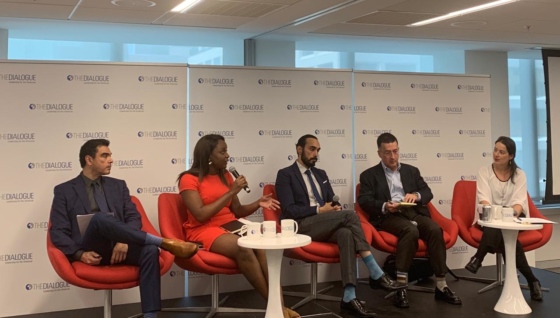 Video
Video
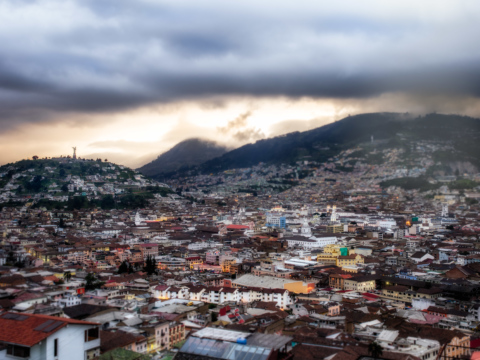
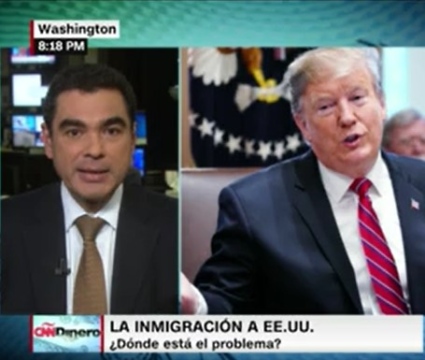 Video
Video
